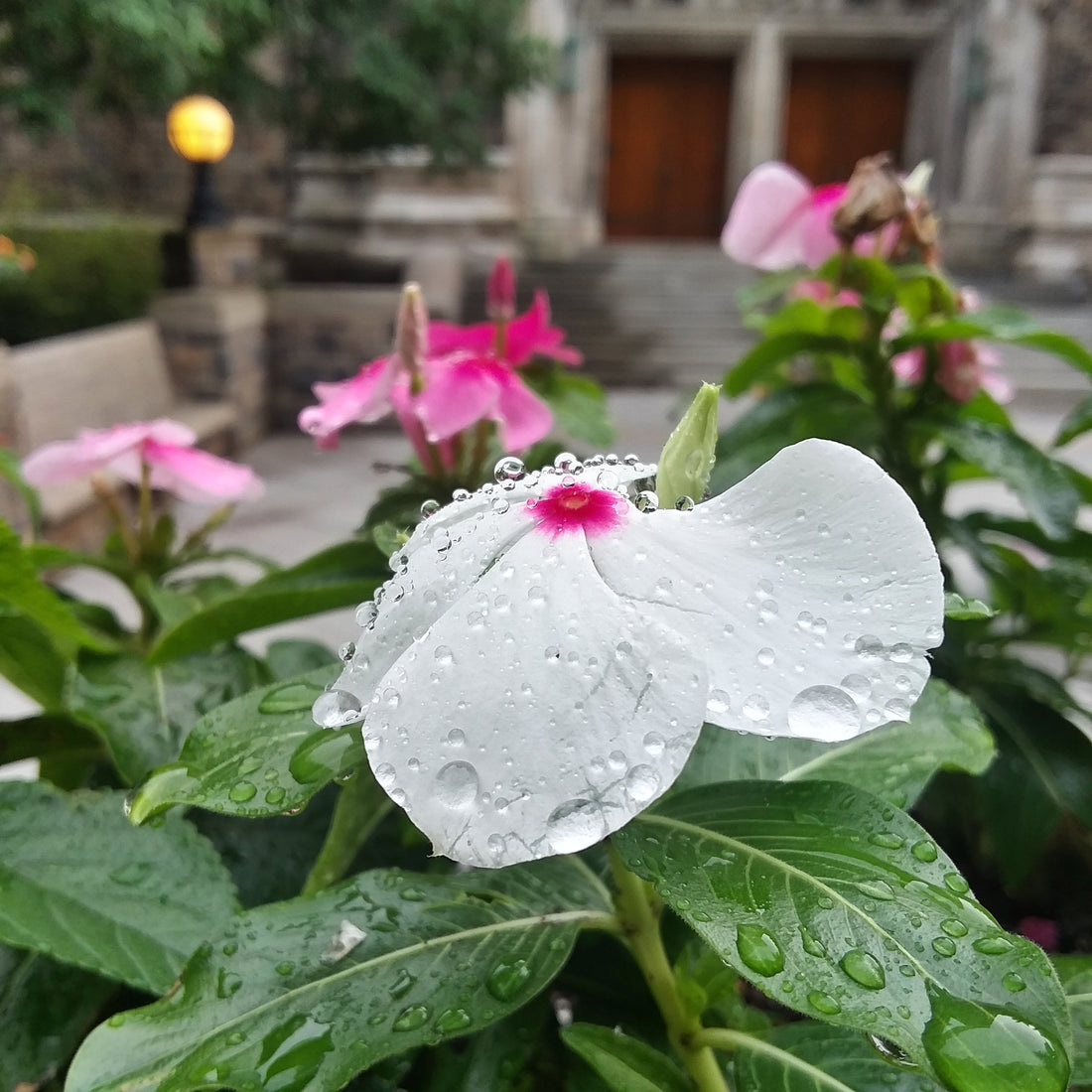
Some Thoughts on the Feast Day of St. Mary Magdalene
Share

Throughout church history she's been baselessly sexualized, shamed, seen chiefly as an icon of penitence & submission, & all but written out of the story. As a little girl growing up immersed in Christian culture, I felt no special affinity for Mary Magdalene, no bloom of deep sympathy. Her story did not burst on me as a glowing example of Jesus' giant regard for the worth & abilities of women. Quite the opposite, in fact.
Like most women in the Bible, Mary Magdalene was a source of some pain & existential discomfort to me when I was young. The stories of women in the Bible always seemed to be mostly about sex. Rare exceptions seemed to be cautionary tales about the perils of female leadership. Both themes left me feeling hollow & on edge, nagged by the suspicion that being a full person was a little out of reach for women. And Mary Magdalene's story was just like all the rest. I never wanted to think about that dark sadness. I wanted to get back to Peter & John.
Today I want to sit down next to Little-Girl Me & tell her what she so needed to hear & would one day come to find out: that the way Mary Magdalene has been treated by history says nothing about women & everything about a world that has never been good at letting them speak.
That all those women of the Bible whose stories made me hurt had fuller lives than what made it into the history books—lives that Almighty God fully saw.
That the way I'd learned to associate them with temptation, rebellion, & sexual violence was the dark fruit of patriarchy.
That even though church leaders down the ages have looked at Mary Magdalene & seen a prostitute, an adulterer, & goodness-knows what other nonsense they hung around her neck based on maybe nothing, Jesus looked at her & saw a full human person not for sale or consumption.
That even though most of her story didn't make it into the Big Four & the details of her life are largely lost to us, we know how Jesus humanized her because he said "the last will be first" & made good on his promise by letting her be the first to step into the new-made world.
Today I celebrate Mary Magdalene as the icon of liberation that she is—the shining reminder that there's something a lot bigger than each voice of a man telling a woman "no, you can't." And it's Jesus, whose first post-Resurrection act was saying to a woman "go and tell."
